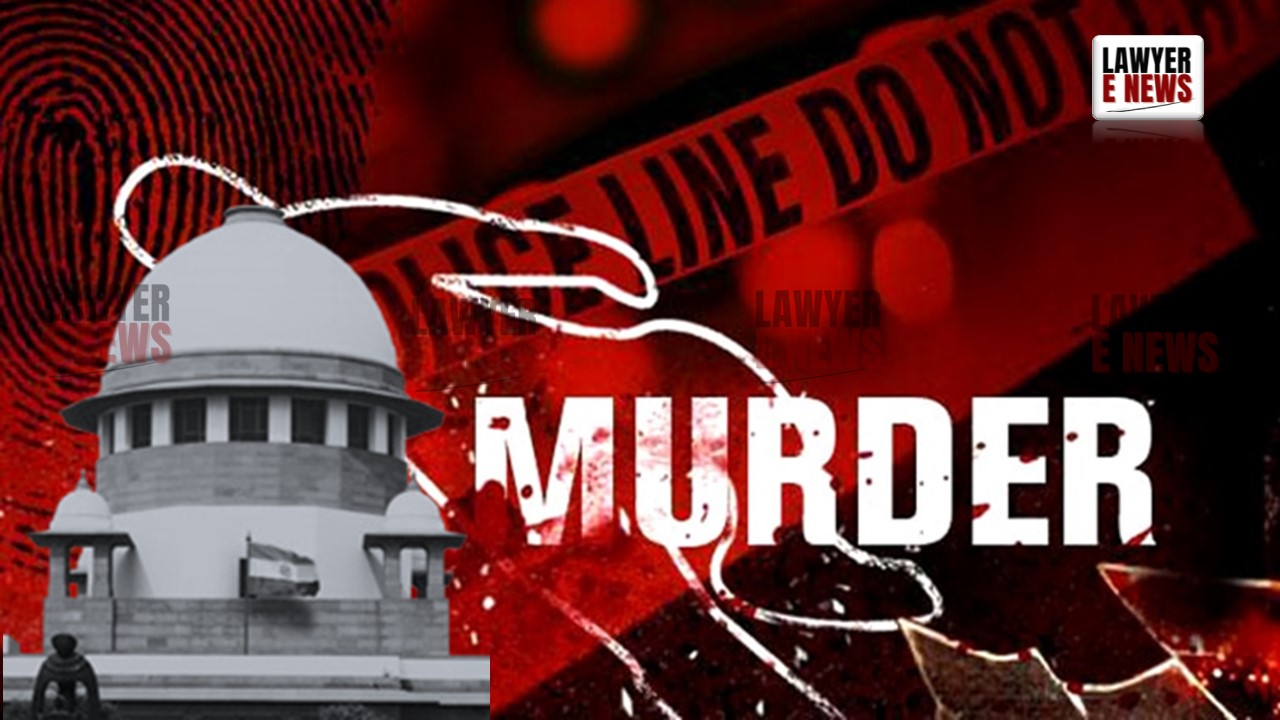-
by Admin
15 February 2026 5:35 AM



Supreme Court Strikes Down Vague Condition in Remission Order for Life Imprisonment Convict. In a recent judgment delivered on October 21, 2024, in the case of Mafabhai Motibhai Sagar vs. State of Gujarat & Ors., the Supreme Court partially allowed an appeal challenging the conditions imposed by the Gujarat government while remitting a life sentence. The Court struck down a condition requiring the convict to "behave decently" after release, terming it arbitrary and violative of the Constitution.
The Supreme Court addressed the legality of conditions imposed by the Gujarat government while remitting the life sentence of a convict. The primary issue was whether conditions requiring the convict to "behave decently" and to serve the remaining sentence upon the commission of any cognizable offence were legally valid. The Court struck down the first condition for being vague and arbitrary, while clarifying the legal requirements for the enforcement of the second condition.
Mafabhai Motibhai Sagar, the appellant, had been convicted under Section 302 of the Indian Penal Code (IPC) for murder, along with charges under Sections 147 and 148 IPC for rioting, and was sentenced to life imprisonment on February 18, 2008. After serving several years, Sagar applied for parole under the Prisons (Bombay Furlough and Parole) Rules, 1959. His request for parole was rejected, leading him to file an appeal before the Supreme Court.
During the proceedings, it came to light that the appellant's remission application under Section 432 of the Code of Criminal Procedure (CrPC) had not been addressed by the State Government. The Court issued directions for the expedited resolution of the remission application. On September 15, 2023, the Gujarat government granted remission but imposed several conditions, two of which became the subject of the appellant’s legal challenge.
The appellant contested the first two conditions imposed in the remission order, which were:
Condition No. 1: The appellant was required to "behave decently" for two years after release, backed by two sureties, ensuring no breach of societal peace or threats to witnesses.
Condition No. 2: In the event of the appellant committing any cognizable offence or inflicting harm on persons or property post-release, the remaining portion of his life sentence would automatically be reinstated.
The appellant argued that these conditions were vague, arbitrary, and violative of Articles 14 and 21 of the Constitution, which guarantee equality before the law and protection of life and personal liberty.
The Court found the term "behave decently" problematic, noting that it lacked a clear definition in the CrPC or any relevant legislation. Justice Abhay S. Oka, writing the judgment, stated:
"The words ‘decent’ or ‘decently’ are not defined in the CrPC or any other cognate legislation. The concept of decency differs from person to person. Such a vague condition gives unchecked discretionary power to the executive and can result in arbitrary cancellation of remission."
The Court ruled that the imposition of such a subjective and undefined condition violated Article 14 of the Constitution, which prohibits arbitrary state action. As a result, the first part of Condition No. 1 was struck down, and the surety bonds provided by the appellant were cancelled to that extent.
The second condition stipulated that if the appellant committed any cognizable offence post-release, he would automatically be arrested and required to serve the remainder of his sentence. The Court clarified that such an automatic revival of the sentence would not be permissible without adherence to the principles of natural justice.
The judgment cited the case of Shaikh Abdul Azees v. State of Karnataka, where the Supreme Court held that remission cannot be revoked automatically upon an allegation of breach. Justice Oka emphasized that:
"Before revoking remission, the government must issue a show cause notice to the convict, giving them an opportunity to respond. The decision must be reasoned and cannot rely solely on the registration of a new offence."
The Court ruled that while the government could revoke remission under Section 432(3) of the CrPC, this power could not be exercised arbitrarily or without proper procedural safeguards, including a hearing for the convict.
The Supreme Court partly allowed the appeal, striking down the "behave decently" condition as vague and clarifying that remission could not be revoked automatically in case of an alleged breach. The decision reinforced the importance of fair and reasonable conditions in remission orders and safeguarded the convict's constitutional rights under Articles 14 and 21.
Vague Conditions Invalidated: Conditions like "behaving decently," which are not clearly defined, are unconstitutional and cannot be imposed in remission orders.
Natural Justice in Revocation of Remission: Remission cannot be revoked without following due process, including issuing a show cause notice and giving the convict an opportunity to respond.
Date of Decision: October 21, 2024
Mafabhai Motibhai Sagar vs. State of Gujarat & Ors.,
